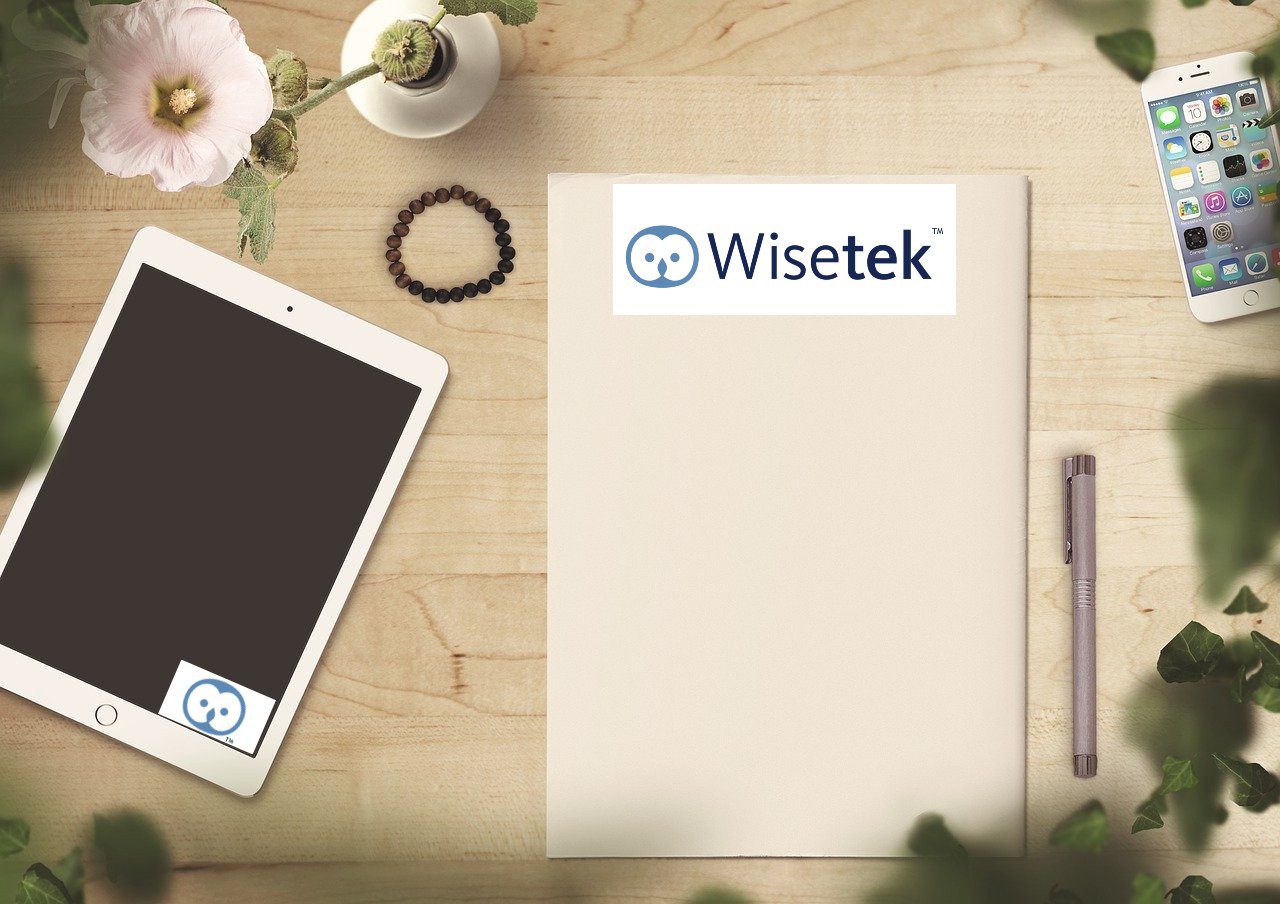Tips to Remain Secure & Compliant During a Transition to a Hybrid Working Model

Remote work and hybrid working models are relatively novel for many organizations, bringing about many benefits for employees but many potential risks as well.
Pre-2020, working from home was quite rare and, for many, a privilege. Digital nomads have been remaining productive whether from the comfort of home or on a sunny beach in a tropical destination for quite a while, but the global pandemic has ushered in hybrid work from home and hybrid working models for a massive segment of the population.
To give some context, the percentage of employed people usually working from home in the European Union (EU27) averaged around 12.3 per cent in 2020. This is a massive increase over the previous statistics from 2019, whereby only 5.4 per cent of people employed in the EU27 usually worked from home. Some believe that the most recent statistics are indeed much higher than 12.3 per cent, potentially as high as 25 to 40 per cent, depending on the industry, country, and other important factors.
In any case, the trend is clear as day: hybrid working models and work from home schemes are replacing the traditional office at an incredible rate.
How are organisations adapting to this trend? How are organisations maintaining security and compliance when all of their employees are scattered across cities and countries, often internationally? Below are some tips to remain secure and compliant during a transition to a hybrid working model.
